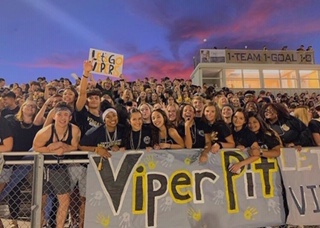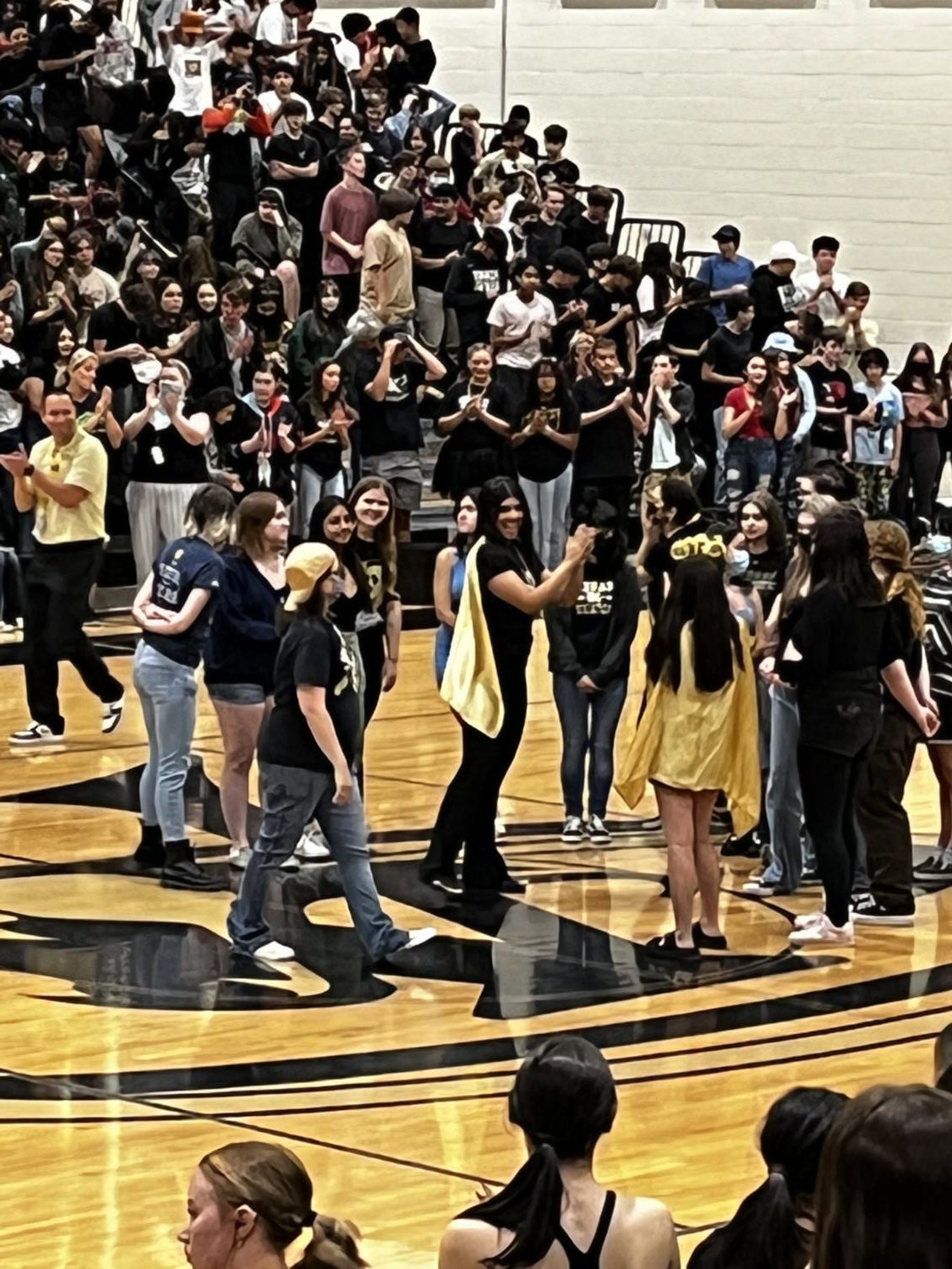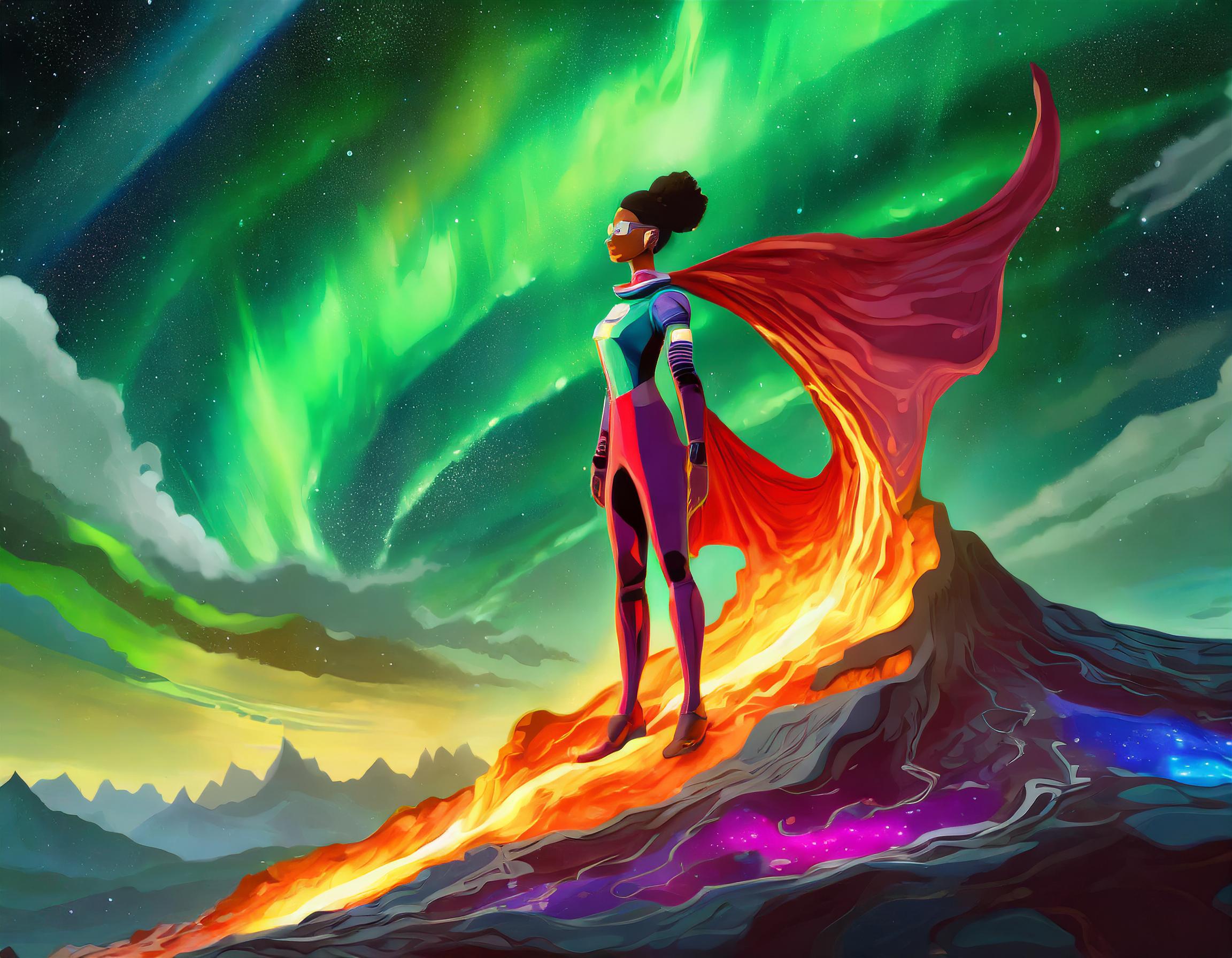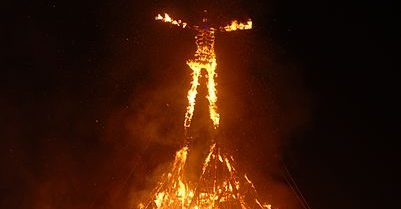In an era where superheroes once soared high, captivating audiences with tales of valor and triumph, there’s an undeniable shift in the winds. Willem Defoe’s poignant words as Green Goblin in Spiderman echo the prevailing sentiment “But the one thing they love more than a hero is to see a hero fail, fall, die trying.” The decline of superhero popularity is evident, not just in the box office receipts but also in the waning allure of comic books.
Lately, superhero movies seem to be facing a decline in popularity, leaving audiences questioning whether the studios are still invested in creating quality content. Perhaps, as Willem Defoe’s character suggests, the allure of heroes has worn thin, being replaced with a desire to witness their downfall.
It’s possible that the decline in superhero movie quality isn’t solely due to audience preferences; the studios themselves may be to blame. After producing countless movies, it’s conceivable that they’ve lost their initial enthusiasm and creative spark. Now studios seem to view superhero films as mere cash cows. For instance, the new DC movie ‘Blue Beetle’ had a total production budget of over $200 million but only grossed $130 million globally labeling it another flop for the studio.
Fans of superhero movies find themselves disappointed lately. The genre appears to be decreasing not only in popularity but also in quality. There’s a noticeable trend of studios pushing certain agendas, as seen in Marvel’s new TV series Echo featuring a deaf, indigenous amputee protagonist which seems to be a bad ripoff of Daredevil. This shift in quality is becoming reflected in superhero media, with one of the biggest recent flops being Marvel Studios The Marvels.
This film became the lowest-grossing movie ever, ranking just above The Incredible Hulk and Ant-Man, which both grossed $55 million and $57 million respectively, before accounting for inflation. Despite a budget of over 270 million dollars, the opening weekend saw the movie grossing only 47 million dollars.
Lately, even the origins of superheroes have been on the decline, comic books have been steadily losing interest in the public eye the reasons may vary from its fast action competitor it could be due to the everlasting decline in reading or it could be due to lack of availability of quality stories.
Beyond the silver screen, the decline in superhero popularity extends to the very roots of these iconic characters-comic books. Once a cultural phenomenon, comic books are losing their grip on public interest. A variety of factors contribute to this decline. The rise of fast-paced, visual storytelling in other mediums competes for attention, drawing readers away from the more traditional comic book format.
Moreover, a broader societal shift away from reading as a pastime may also be influencing the decrease in comic book engagement. In an era dominated by digital distractions, the tangible experience of flipping through the pages of a comic book is losing ground.
In the world of superheroes, the battle is not only fought on-screen or in the pages of comic books but in the hearts of fans. As the superhero genre grapples with these challenges, there’s a pressing need for introspection within the industry.
Major players like Marvel and DC must navigate the delicate balance between commerce and creativity. The heroes that once stood tall may need to transform, not of powers, but of relevance and resonance, to recapture the hearts and minds of audiences in this ever-evolving landscape.






